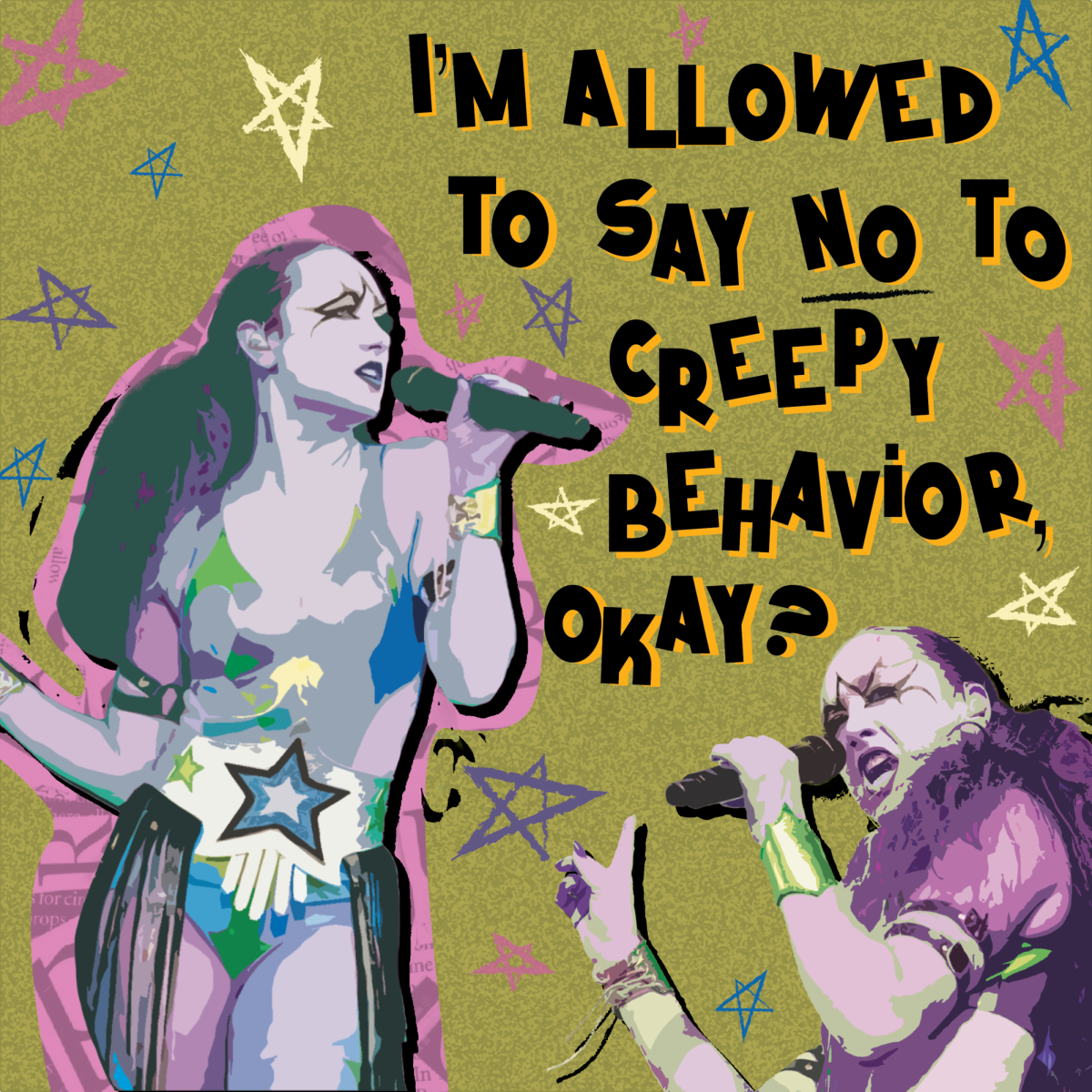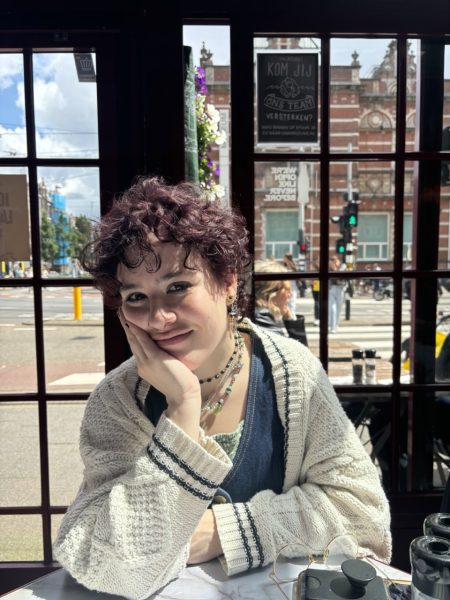Celebrities are an integral part of young American culture. Whether that be because of the messages held in the lyrics they write or the characters they play in blockbuster movies, the love and admiration that fans have for celebrities is the backbone of their careers. Unfortunately, some fans take their ‘love’ a little too far.
Although some are able to withhold their excitement, it is not uncommon for celebrities to feel as if they’re being stalked by their adoring fans. This stalking can ultimately amount to nothing, but it can also cost a celebrity their life. Is it really that big of a deal if celebrities want to take precautions?
Last month, rising star Chappell Roan sparked an interesting conversation about fans feeling they have a certain right to a celebrities personal time simply because they are fans. In a TikTok posted on August 19, Roan called out stalker-like fans, stating that she was “allowed to say no to creepy behavior.”
The truth is, she should be allowed to. Celebrities refusing to take pictures with fans when spotted walking the streets of New York is not something that should be frowned upon. Even if their art does speak to people, they should be allowed to live their own lives.
They are still human beings. Their right to privacy and personal space isn’t something that should be taken lightly and they have every right to refuse to interact with people when they aren’t working.
Roan is far from being the only celebrity that feels some fans take their obsessions too far. In a recently deleted TikTok video, singer-songwriter Jewel expressed her support for Roan’s overall point; that, as celebrities, they should still have a reasonable right to privacy.
Jewel went on to share her own experience with a stalking fan, stating “This person was leaving fire bombs outside my house. I was getting death threats saying I would be shot from the stage.”
For Jewel, she was able to come out of this particular instance of crazed behavior with her life. Other celebrities haven’t been so lucky. Roan’s video speaks to the very real dangers that celebrities face when it comes to interacting with fans off the clock.
On July 18, 1989, famous actress Rebecca Schaeffer was shot in the head in the doorway of her own home. The man that shot her? Robert Bardo, an obsessed fan that had been stalking the actress for 3 years.
According to an article by Marina Manoukian for Grunge, Bardo struggled with mental health and abuse his whole life. He was diagnosed with bipolar disorder at a psychiatric hospital he was admitted to just 4 years before the murder.
He became obsessed with Schaeffer after seeing her in a commercial for “My Sister Sam” and began sending her hand-written letters. According to Grunge, Schaeffer responded to one of the letters Bardo had written, and he decided it was “a sign that their relationship was real” and went to Los Angeles attempting to meet her.
Some might argue that Bardo’s mental health is an excuse as to why Schaeffer’s murder is an outlier in a sea of normal fans simply looking for a photo. While this may hold some truth to it, it is completely besides the point.
Why should a celebrity risk losing their life because most fans don’t actually pose any threat? How exactly is a celebrity meant to tell the difference between an adoring fan who means no harm and the world’s next Bardo when they’re approached on the street? They shouldn’t have to.
The only thing celebrities like Chappell Roan owe their fans is appreciation and gratitude for the careers they have. Of course, without fans, celebrities wouldn’t live the lives that they do. However, that shouldn’t mean fans have a right to a picture when they spot their favorite celebrity on the street or that celebrities should be demonized when they decide to say no to said picture.
There is a time and place for celebrities to interact with and show their appreciation for fans. This can be at concerts, meet-and-greets, record signings, store openings and more. Not while they’re crossing the busy streets of New York City, and certainly not in the doorways of their homes.


